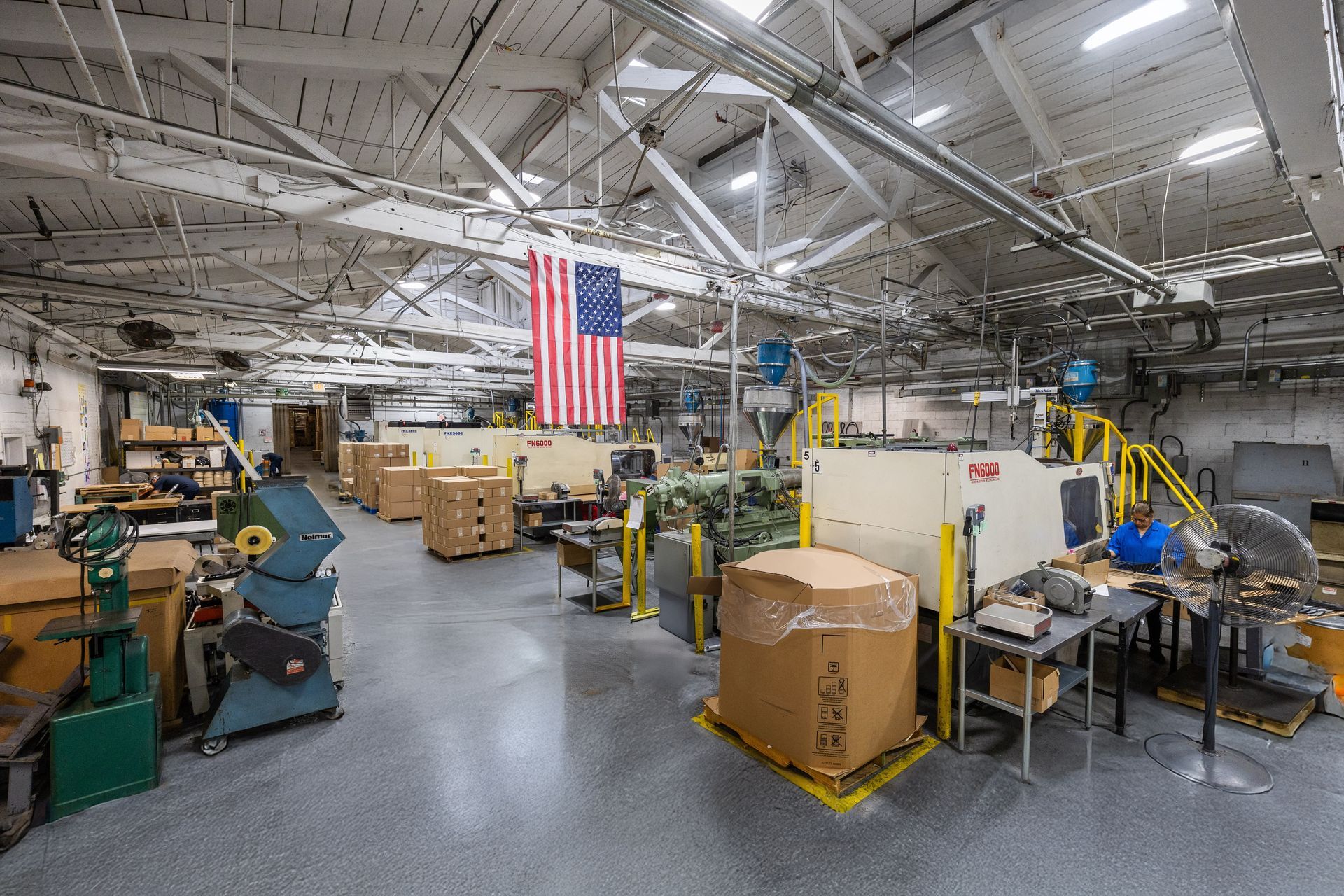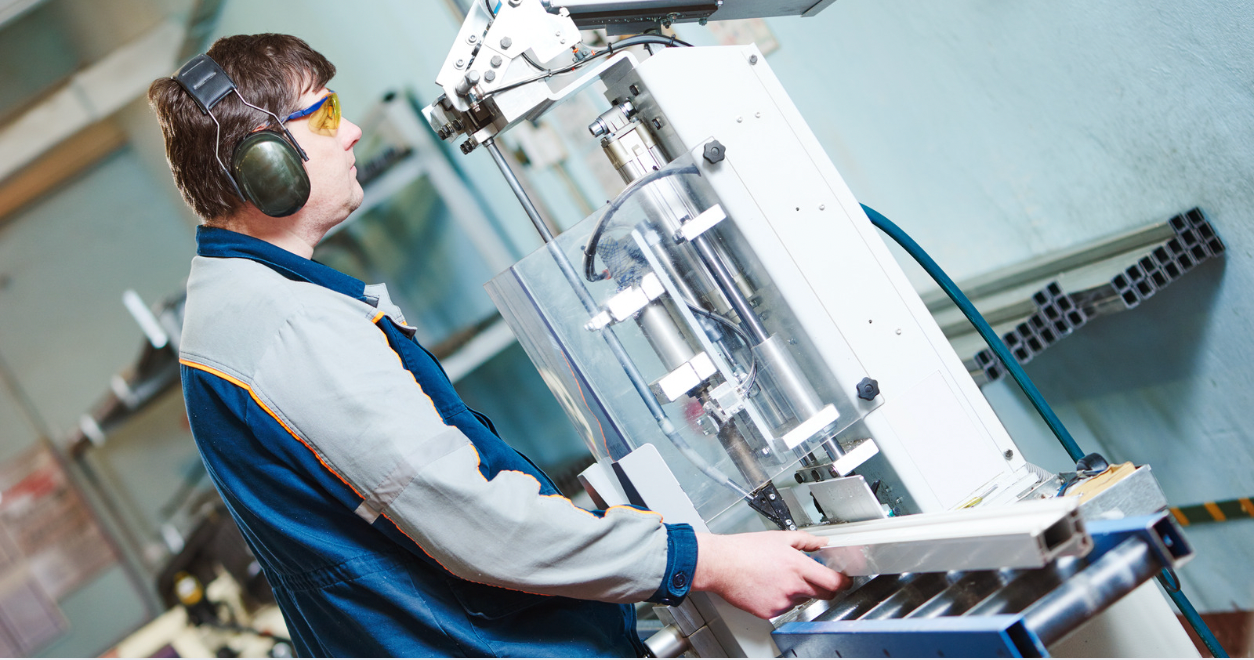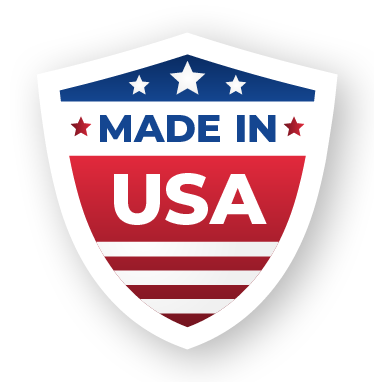5 Common Places You'll Find Plastics in the Electical Industry
Since the early days of synthetic plastics, when newly-discovered Bakelite was used in light bulbs and other electrical devices, plastic's excellent performance as an insulator, versatility, strong resistance, and durability have made it a star in the electrical industry.
1. Insulating Wires & Conduit
Remaining flexible while offering superior insulation is one of plastic's most valuable characteristics, so resins such as plastisol (polyvinyl chloride) and high-density polyethylene (HDPE) are frequently used to coat wires and conduit. Nylon and ECTFE (such as Halar) are also common wire coatings.
2. High Voltage Tools
To enhance safety and ease-of-use, many tools, such as crimpers, pliers, and cable cutters, designed for use in high-voltage environments are coated in durable, insulating plastics such as plastisol or epoxy. Coatings offer color coding, excellent insulation, and improved safety.
3. Power Distribution Equipment & Components
Plastic coatings and components can help reduce unwanted contact with electrical current. Numerous plastic formulations are used for such purposes, including:
- Plastisol — coating for bus bars, underground tap connectors, switches, and relays
- Alkyds — resins sometimes used for switches, housings, and circuit breakers
- Epoxy — used for thermal interfaces, high-voltage insulation, and component encapsulation
- Polyphenylene sulfide (PPS) — used for insulation and transformers
- Fluoropolymers — Teflon, Halar, and others, used with aircraft wiring, RF cables, and connector assemblies
4. Cases and Housings
Durable, attractive, and customizable, plastic cases and housings are frequently manufactured from any number of resins including Acrylonitrile butadiene styrene (ABS) and polypropylene (PP). Beyond appearances, they serve to prevent people and pets from contact with the electrical current inside, and protect delicate components from internal contacts, damage, dust, moisture, and other hazards.
5. Fittings, Switches, & Handles
Phenolic plastics (such as Bakelite), epoxies, polyamides, and others are commonly used in these applications where their higher heat tolerance is needed.
At Bennett Plastics, we have decades of expertise manufacturing plastic products and components across dozens of industries. Contact us today to put our knowledge and superior service to work for you.
Recent Articles











